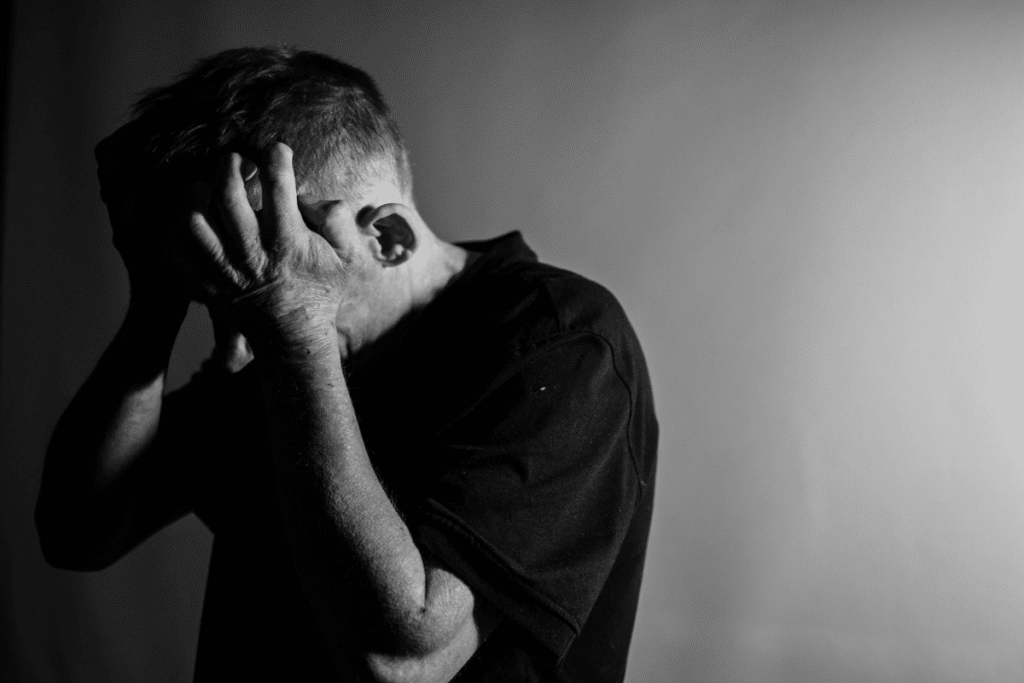
Life can be overwhelming—especially when stress builds up over time. Many people experiencing prolonged exhaustion, low motivation, or emotional numbness often ask themselves, “Am I just burned out, or is this depression?” It’s a valid question, and knowing the difference is essential for finding the right support.
At The Meadowglade in Moorpark, California, we often help individuals who are struggling to distinguish between burnout and depression. Both conditions share overlapping symptoms—fatigue, detachment, and difficulty concentrating, to name a few. However, they are fundamentally different in their causes, progression, and treatment approaches.
In this article, we’ll explore what sets depression and burnout apart, how to recognize the signs of each, and what to do if you or someone you love is struggling.
What Is Burnout?
Burnout is typically the result of chronic workplace or caregiving stress. It doesn’t happen overnight. Instead, it develops gradually when your emotional resources are drained due to prolonged periods of high demand and low reward.
Key characteristics of burnout include:
- Emotional exhaustion
- Detachment or cynicism toward work or responsibilities
- A reduced sense of accomplishment
- Irritability and increased frustration
- Trouble sleeping or changes in appetite
Burnout is most often associated with professional settings, but it can happen to anyone—from college students to parents, to caregivers. It’s a state of mental and physical exhaustion that makes it hard to keep going, even when you want to.

What Is Depression?
Depression, or Major Depressive Disorder (MDD), is a clinical mental health condition that goes beyond situational stress. It affects how a person feels, thinks, and functions across all areas of life.
Signs of depression may include:
- Persistent sadness or feelings of emptiness
- Loss of interest in previously enjoyable activities
- Feelings of worthlessness or guilt
- Difficulty making decisions or concentrating
- Significant changes in weight or appetite
- Thoughts of death or suicide
Unlike burnout, which tends to be tied to a specific source (like a job or caregiving role), depression can affect someone even when external circumstances seem stable. It can stem from biological, psychological, and environmental factors and may require long-term treatment such as therapy, medication, or both.
Burnout vs. Depression: How to Tell the Difference
So how can you tell if you’re experiencing burnout or if it’s something deeper like depression?
1. Trigger or Source
- Burnout typically has a clear source—such as an overwhelming job or ongoing stress at home.
- Depression may not have a specific trigger. It can appear suddenly or gradually without an obvious cause.
2. Emotional State
- People with burnout often feel frustrated, irritable, or emotionally drained, but they still experience some sense of satisfaction outside the stressor.
- In depression, the emotional numbness or sadness is more persistent and all-encompassing, affecting every aspect of life.
3. Recovery Time
- Burnout symptoms may improve with rest, time off, or changes to workload or environment.
- Depression does not typically lift with vacation or lighter responsibilities; it usually requires professional treatment.
4. Physical and Mental Symptoms
- Burnout might include fatigue and headaches related to stress.
- Depression can bring about changes in appetite, sleep patterns, and even physical pain without a clear source.

When Burnout Becomes Depression
It’s important to note that burnout, if left unaddressed, can evolve into depression. Someone who starts off feeling overwhelmed by work might eventually lose all interest in activities they once enjoyed. They might begin feeling hopeless or struggle to get out of bed. If this sounds familiar, it’s crucial to seek help early.
If you’re not sure where your feelings fall, ask yourself:
- Do I feel better after a restful weekend or vacation?
- Do I still feel joy in other areas of life?
- Are my symptoms limited to work or do they extend into my personal life?
If the answer is “no” to the first two and “yes” to the last, depression may be the more accurate explanation.
Seeking Help: Why It Matters
Regardless of whether you’re dealing with burnout or depression, the most important thing is not to ignore your symptoms. Both can significantly impact your quality of life, relationships, and overall well-being.
At The Meadowglade, we offer individualized mental health treatment that goes beyond the surface. Our team specializes in assessing each client’s unique challenges, whether they’re work-related, emotionally rooted, or trauma-based. From therapy and counseling to holistic approaches like mindfulness and art therapy, we provide comprehensive care in a serene, healing environment.
No one should have to navigate mental health struggles alone. Whether you need to step back and reset or dive deeper into long-term recovery, help is available.
Contact Us for Support
If you’re finding it difficult to tell the difference between burnout and depression—or if you’re ready to start feeling like yourself again—reach out to us at The Meadowglade.
Our treatment programs are designed to support adults and adolescents facing emotional and psychological challenges with compassion and clinical expertise. We’re here to help you reconnect with your life, your purpose, and your peace of mind.
Contact The Meadowglade today to learn more about how we can help you or a loved one on the journey toward healing and balance.
